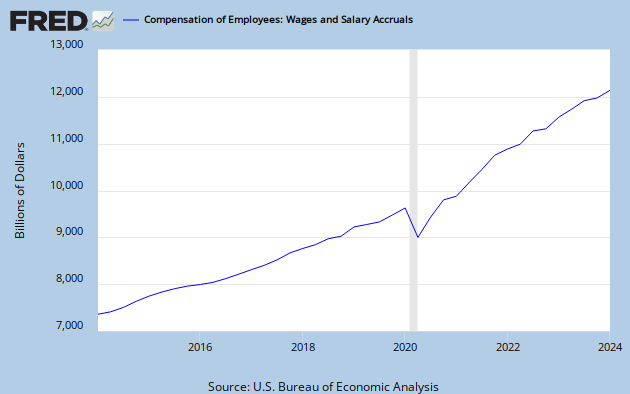AmazonTania
Banned
- Joined
- Jul 28, 2013
- Messages
- 76
- Reaction score
- 4
- Location
- New York/London
- Gender
- Female
- Political Leaning
- Other
Hhmm...You must be one of those, RARE seniors with no pre-existing conditions Eh?
Yeah.
<Under the Patient Protection and Affordable Care Act, workers earning more than $200,000 a year ($250,000 for joint filers) must pay higher Medicare hospital insurance (HI) taxes beginning in 2013. The new tax is 2.35% (an increase of 0.9%) of applicable wages above those thresholds, so a worker earning $300,000 a year will pay HI taxes of 1.45% on $200,000 plus 2.35% on $100,000. There is no change to the employer’s share of the HI tax.>
High-Income Individuals to Pay Higher Medicare Taxes Starting in 2013 | Towers Watson - Towers Watson
Look on the positive side of BOCARE....people with pre-existing conditions cannot be denied health insurance as of 2014.So if you have a pre-existing condition more than likely your " private insurance "will not cost you more.In essence, the cost is spread around.Smacks of socialism eh? :2wave:
Technically under the Affordable Healthcare Act, I can afford all premiums and just pay the fine which is cheaper. Then when I'm sick, I can just get insurance after the fact.
Either way, its a win for me. Not so much for the individuals who have to play by the rules and the misfortune who this is designed to help.
I never said I was part of the solution.
Last edited:





